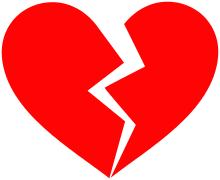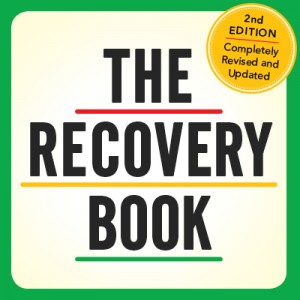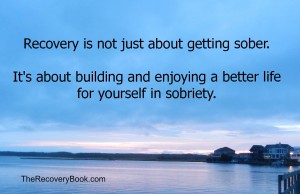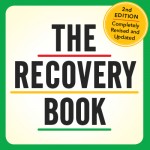How to Clean Up Your Online Reputation
If you’re like many people, you live a good portion of your life online. You’ve been sharing bits of yourself on Facebook, Twitter/X, Instagram, and other online venues for years. If you’ve been drinking and doing drugs, some of what you and others have shared about you may be less than flattering.
Now that you are getting into recovery and a life of sobriety, you might want to get rid of some of that evidence of your past life. You also need to get rid of any photos or comments (or online friends) that could act as a trigger and potentially lead you to a relapse.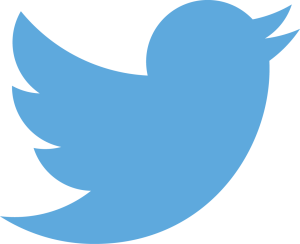
Do this cleanup for yourself, so you can avoid running into reminders of your past and can concentrate on where you are now. Do it also so you can project a better image for future employers and others. (You might want to do some … Read more...

